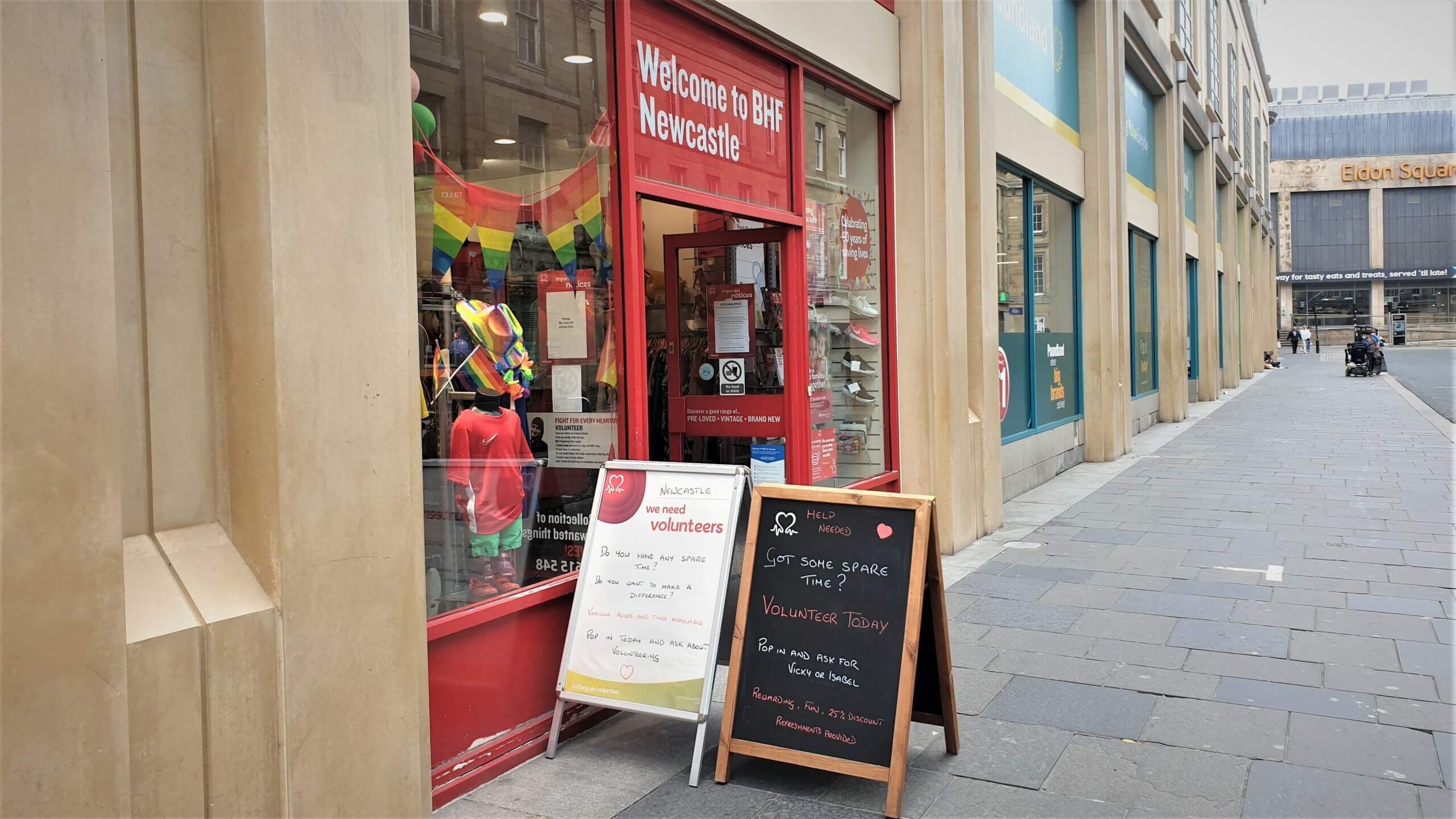Tourists visiting the UK from Europe is at its highest in five years, but how will Brexit impact the tourism industry in the North East? SR News has been investigating.
Brexit has left us with many uncertainties around what will happen once we depart the EU on March 29, 2019; one of those being the thriving tourism sector in our country.
The UK has seen an increase in visitors from Europe, from 23,866 people in 2013 to 28,140 people in 2017. Many of those visited on holiday, on business, to see their family and friends or miscellaneous.
Br
Tourists alone bring £429m to Sunderland a year as the city has seen a rise in the number of visitors. This summer saw Sunderland host the Tall Ships race 2018 and the 30th Anniversary of the Sunderland International Airshow. The city welcomed over 50 tall ships that came to Sunderland from all over the world, making it one of the biggest events in the city’s history.
Cabinet member for communities and culture, councillor John Kelly, said: “The data collated with the help of partners such as public transport operators and local businesses estimates that more than two million people visited Sunderland last year, not only to enjoy the Sunderland Airshow and Tall Ships Races, but also to visit cultural attractions and events at our museums, galleries, the Sunderland Empire theatre and other venues.
“Sunderland has a number of visitor and cultural attractions and events, with the Museum, Library and Winter Gardens one of the most popular visitor destinations in the region.
“We also have award winning parks and coastline with Roker and Seaburn hosting annual events such as the Sunderland Airshow and Sunderland Illuminations which bring people from all over country into the city.”
People can travel cheaply and easily around Europe, but have we been taking this for granted? Due to low cost airlines, fares have dropped over 40 per cent within Europe, making travel easier for business commuters and holiday makers. Many existing airline routes are secured through the European Union negotiated agreements, but these also apply to flights to the US.
Sharon Hodgson, Member of Parliament for Washington and Sunderland West said: “The North East has so much to offer, so it is not surprising that thousands of people from Europe visit the region each year.
“It’s important that the Brexit deal protects jobs and industry, including in the tourism industry which we know contributes a significant amount to the economy.”
She added: “I hope that post-Brexit, people from Europe continue to visit the North East and experience our culture and learn our history, so that tourism in Britain can continue to flourish.”
Research conducted by Tourism Alliance after the referendum in 2016 shows that the UK tourism industry has two main issues that it needs resolving.
Kurt Janson, Director of Tourism Alliance, said: “We would be very concerned if there was to be a no deal Brexit because a lot of agreements with people coming in and out of the country would automatically end on March, 29 and it would be disastrous for the industry. Although, we are hopeful that it won’t happen.
“One concern is productivity and maintaining access to employees. The number of European employees in the UK is only 11 per cent but, as UK employment rates have decreased, the dependency of EU employees has risen. The second concern is maintaining the ease of travel.”
After many months of negotiations, the UK has agreed a Brexit deal with the EU, which comes in two parts.
Part one – A 585 page withdrawal agreement which is a legally-binding text that sets the terms of the UK’s departure from the EU. It also states that the UK owes the EU an estimated £39billion and what will happen to UK citizens living in the EU and EU citizens living in the UK.
Part two – A 26 page statement on future relations, which outlines what long term relationship the UK and EU want to have with each other.
However, the House of Commons voted down Theresa May’s Brexit plan on January 15, casting further uncertainty on the situation.
A department for Digital, Culture, Media and Sport (DCMS) spokesperson said: “We are absolutely committed to ensuring that tourism continues to thrive when the UK leaves the European Union.
“Our White Paper clearly sets out that the UK’s position is to seek reciprocal visa-free travel arrangements, a comprehensive agreement on air transport that continues to offer choice at attractive prices, and for UK and EU nationals to continue to be able to use the European Health Insurance Card.”



